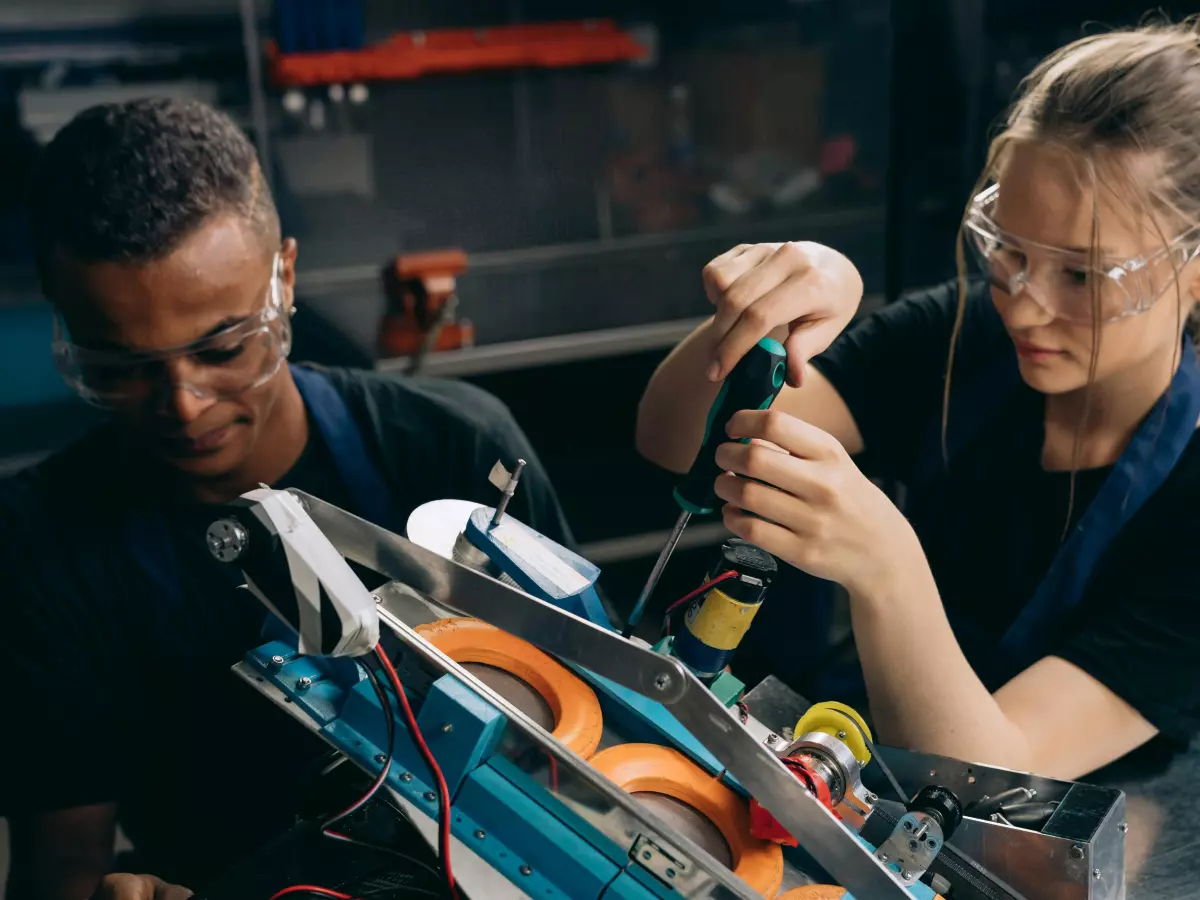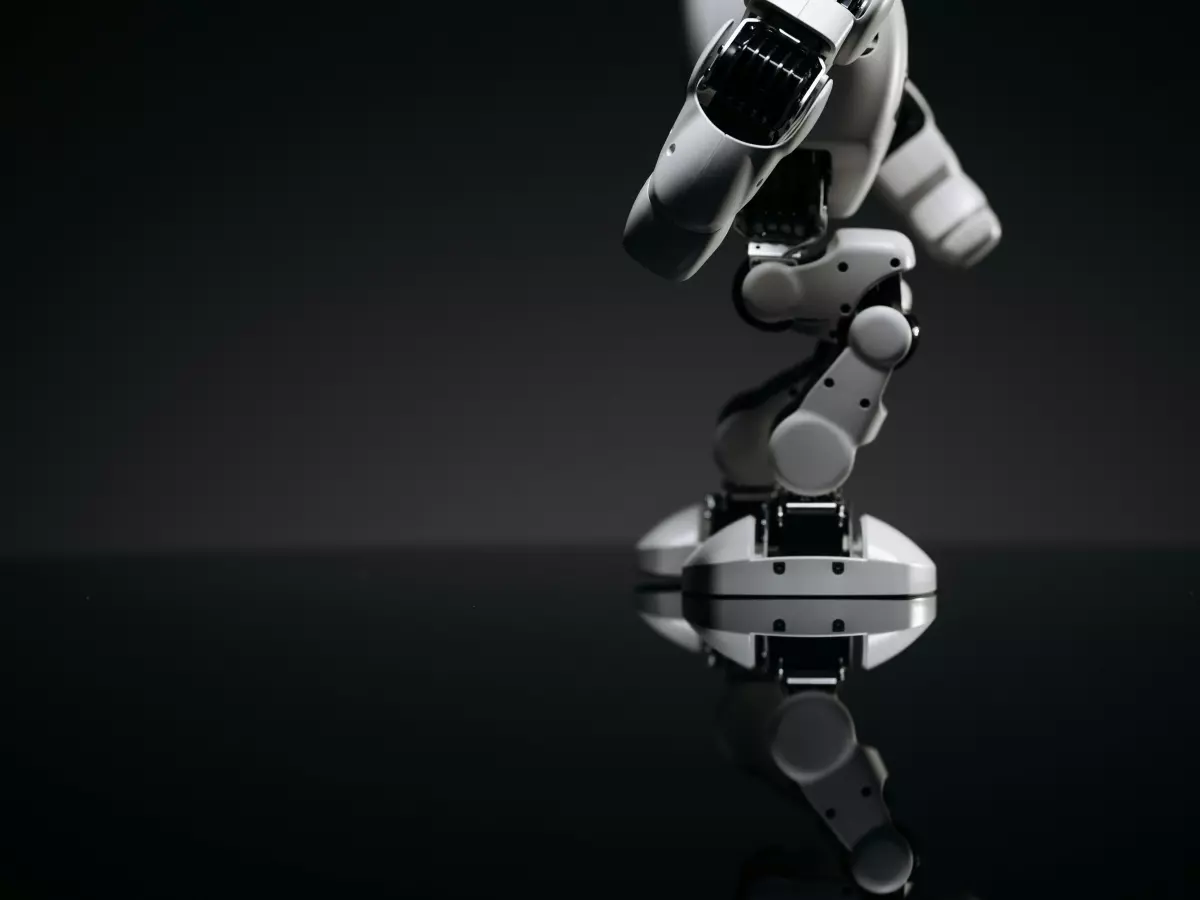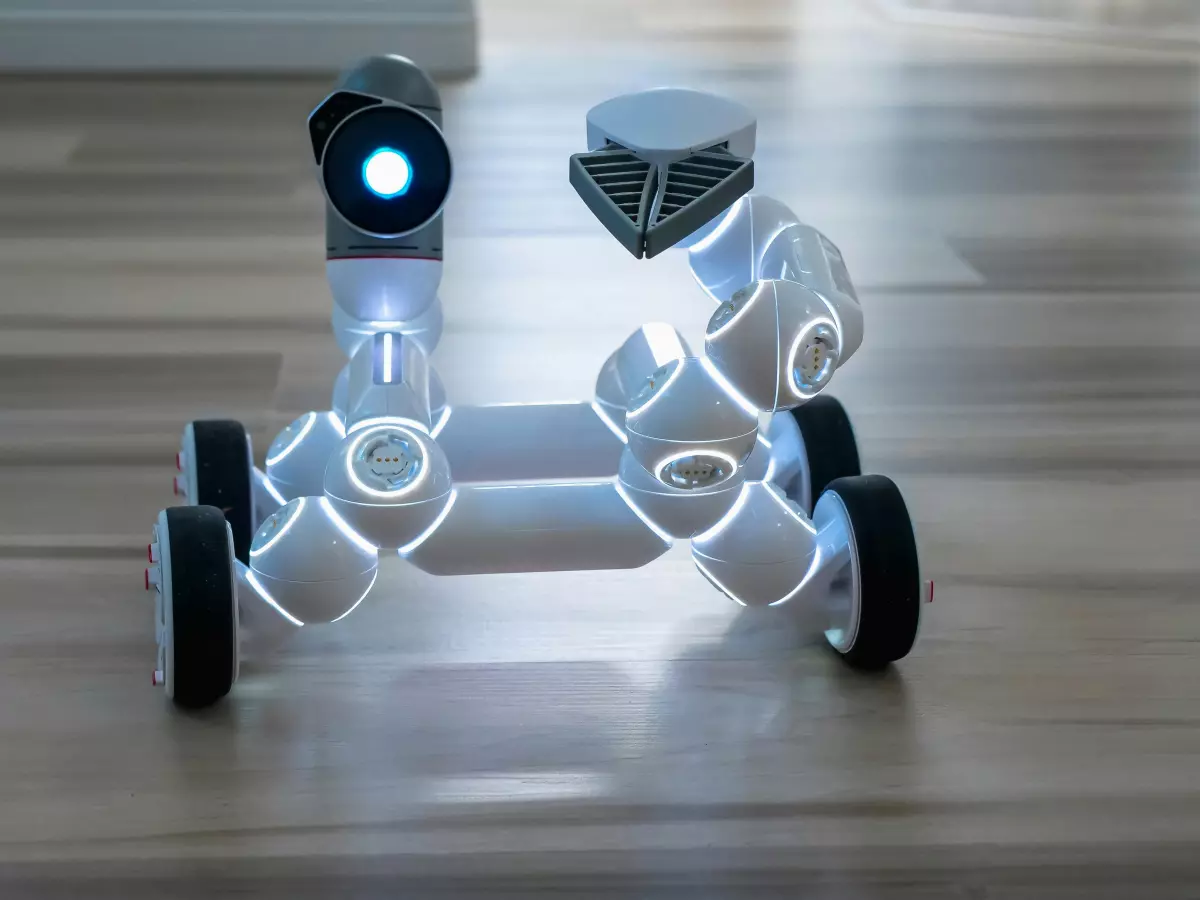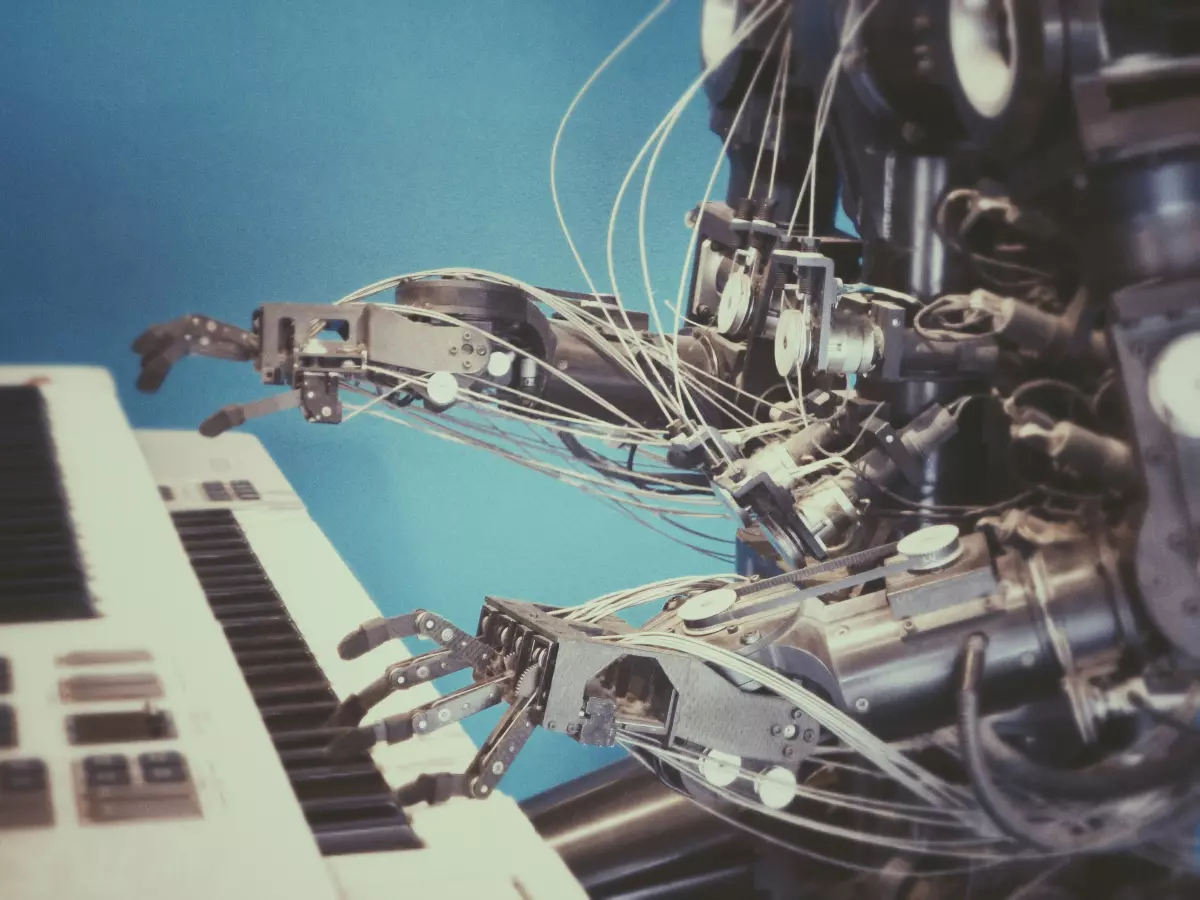Rocket Woes
In 2024 alone, over 50% of rocket startups worldwide have faced significant setbacks, with some even experiencing catastrophic failures. And no, we’re not talking about your typical space race giants like NASA or SpaceX. We’re talking about the underdogs—the startups and private companies trying to carve out their own piece of the cosmos.

By Carlos Martinez
Let’s talk about Deep Blue Aerospace, a Chinese rocket startup that recently made headlines for all the wrong reasons. In a dramatic drone video, their Nebula-1 rocket crash-landed during a test, marking yet another failed attempt to mimic SpaceX’s success. According to Gizmodo, this failure is part of a broader trend among Chinese rocket startups trying to replicate SpaceX's reusable rocket technology. But why is it so hard to follow in Elon Musk’s footsteps?
First, let’s define the key concept here: reusable rockets. SpaceX revolutionized the space industry by creating rockets that can be launched, landed, and reused multiple times. This drastically cuts down on costs and makes space travel more sustainable. However, designing a rocket that can survive re-entry and land safely is no small feat. It’s like trying to land a pencil on its eraser—while it’s on fire.
Why Are SpaceX’s Competitors Struggling?
Now, let’s zoom out. Deep Blue Aerospace isn’t the only one struggling. Boeing, a company with decades of aerospace experience, has also hit some serious turbulence. Their Starliner spacecraft, which was supposed to be NASA’s backup to SpaceX’s Crew Dragon, has faced numerous delays and technical issues. In fact, NASA nearly bet everything on Boeing’s Starliner, a decision that could have left SpaceX out of the picture entirely. Imagine that alternate universe!
But here’s the kicker: Boeing’s Starliner still hasn’t completed a successful crewed mission, while SpaceX’s Crew Dragon has been ferrying astronauts to the International Space Station (ISS) like it’s no big deal. So, what gives? Why are these companies, with all their resources and expertise, struggling to keep up?
One reason is that SpaceX has a massive head start. They’ve been perfecting their technology for over a decade, and their iterative approach—constantly testing, failing, and improving—has allowed them to stay ahead of the curve. Meanwhile, companies like Boeing and Deep Blue Aerospace are playing catch-up, often with more traditional, slower-moving corporate structures.
The High Stakes of the Space Race
Another factor is the high stakes involved. Space isn’t just a playground for billionaires; it’s a multi-billion-dollar industry with national security implications. Governments are heavily invested in who wins this new space race, and the pressure to succeed is immense. For startups like Deep Blue Aerospace, one failed test could mean the end of the road. For established companies like Boeing, a high-profile failure could damage their reputation for years to come.
But let’s not forget the human element. Space exploration is risky business. Every rocket launch, every spacecraft mission, involves the potential for disaster. The stakes are literally sky-high, and the margin for error is razor-thin. So, when we see these companies struggle, it’s a reminder that space is hard—really hard.
What’s Next for SpaceX’s Competitors?
So, where does this leave SpaceX’s competitors? Well, they’re not giving up. Despite the setbacks, companies like Deep Blue Aerospace and Boeing are still in the game. Deep Blue Aerospace is already planning its next test, and Boeing is working to resolve the issues with Starliner. But the road ahead won’t be easy.
In the end, the race to space is more marathon than sprint. SpaceX may be leading the pack, but the competition is far from over. And who knows? Maybe the next big breakthrough will come from one of these underdogs. After all, space has a way of surprising us.
Here’s a fun anecdote to wrap things up: Back in 2015, SpaceX’s Falcon 9 rocket exploded during a routine mission. People thought it was a huge setback. But what did Elon Musk do? He tweeted, “Rockets are tricky.” That’s the kind of resilience it takes to succeed in space. So, while Deep Blue Aerospace and Boeing may be down, they’re definitely not out. Rockets are tricky, but the sky’s the limit.





